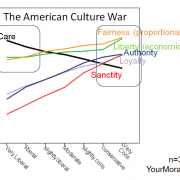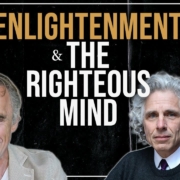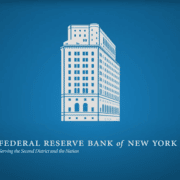Do Honesty Pledges Work?

Honesty pledges often sound like a good idea, but whether they are in any given situation depends on various factors. Just ask Jim Comey.
In a recent paper, Eyal Pe’er, at the Hebrew University of Jerusalem, and Yuval Feldman, at Bar-Ilan University, take up the topic of honesty pledges. In their study, Pe’er and Feldman explored how pledges interact with sanctions, as well as how the effect of pledges on people’s honesty can wear off. They did this, they wrote, by “manipulating whether pledges were accompanied by sanctions (fines) and testing their impact on sequential, repeated ethical decisions.”
They found, among other things, that a before-the-event pledge can “reduce dishonesty significantly, considerably, and even when compared to a (maximally possible) fine.” What’s more, the pledge’s effect did not seem to diminish during the relatively short time period of the study (about two weeks). “Reminding participants about their pledge in the middle of the time interval did not add to the reduction in cheating. The effect of the pledge seems not to be restricted to the highly lawful or obedient participants,” the researchers wrote. “Moreover, this effect was also evident when specifically examining those who cheated to a larger extent than others…”
Pe’er and Feldman conclude “that pledges could be an effective tool for the behavioral regulation of dishonesty, reduce the regulatory burden, and build a more trusting relationship between government and the public, even in areas where incentives and opportunities to cheat are high.”
Subscribe to the Ethical Systems newsletter
This paper could indeed be useful to government officials regulating business in determining when to substitute or supplement pledges for the harder edges of compliance (monitoring, for example).
To this I would add that it could also be relevant to internal company officials (and their advisors) considering adding honesty pledges to their compliance toolbox.
I also wonder if the use of pledges could be expanded, from being focused solely on the duty of honesty, to include the duty of care. Samuel Johnson once said: “It is more from carelessness about truth than from intentionally lying that there is so much falsehood in the world.” And carelessness is obviously at the root of many other types of wrongdoing, too.
A culture of care should help shape an organization’s values, policies, procedures, risk assessment, approach to incentives, and C&E training and communications. And the lynchpin could be a well-crafted duty-of-care pledge.
Jeffrey Kaplan is a partner in the Princeton, New Jersey office of Kaplan & Walker LLP and a member of Ethical Systems’ Steering Committee.
Reprinted and slightly adapted with permission from the Conflict of Interest blog.








